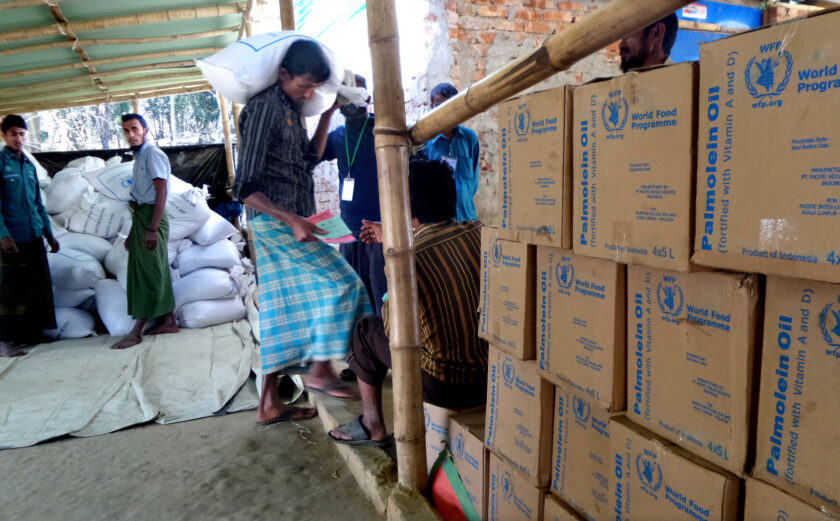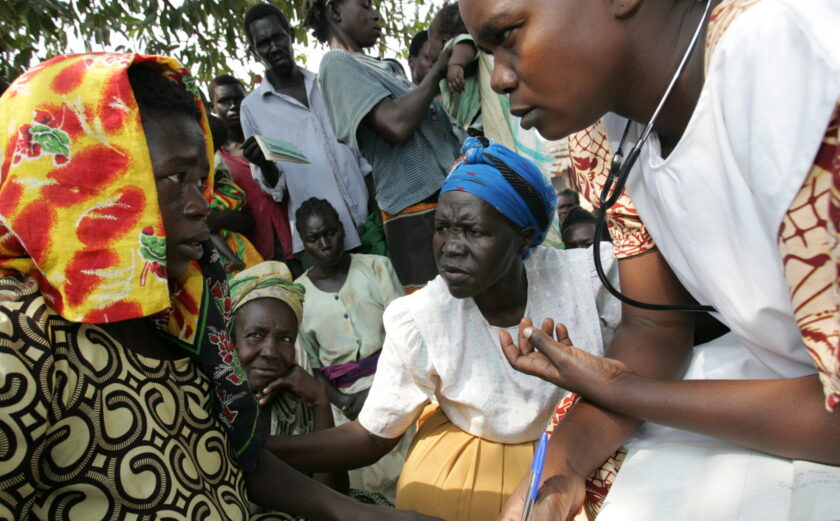NGO Risk Management Principles and Promising Practice
With heightened levels of violence in some conflict settings, coupled with proliferating legal and fiduciary regulations related to anti-corruption and counter-terror efforts, humanitarian non-governmental organizations (NGOs) are contending with new and intensified risks to their personnel, operations, and organizations. Some of the larger international NGOs have begun to adopt organization-wide risk management frameworks to better enable effective programming in high-risk situations.
This handbook is meant to serve as a primer and quick reference tool for humanitarian organizations on the basic principles of risk management. It presents concrete examples of promising practices as well as pitfalls to avoid. The handbook draws upon the findings of a 2016 study, NGOs and Risk, conducted by Humanitarian Outcomes for InterAction, with the participation of 14 major international NGOs.







